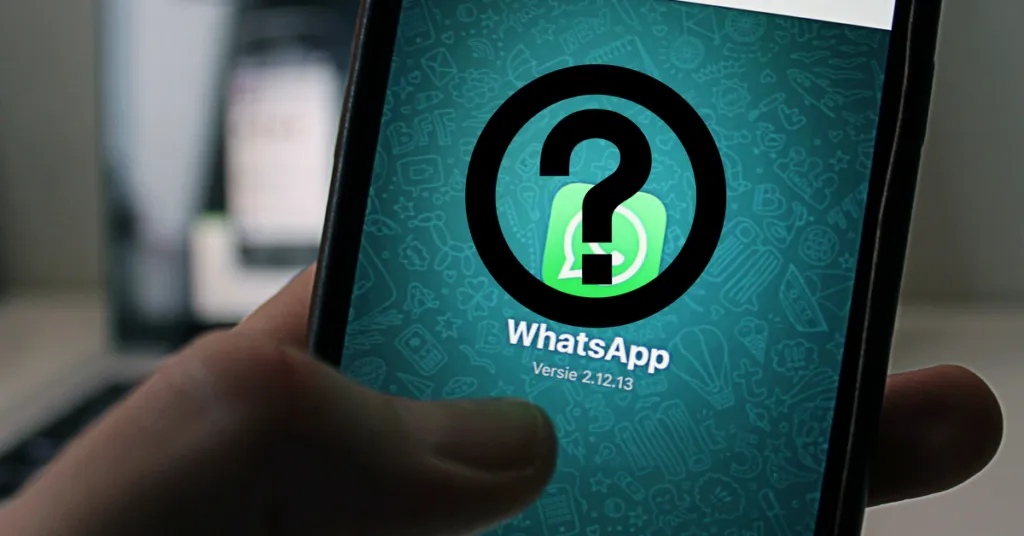
With the recent Facebook data debacle, businesses and chatbot developers have been put on pause from integrating any new chatbots on the social site. While Facebook is knee-deep in policy reviews and changes, you might be questioning how this shakedown could play out across third-party messaging platforms.With the Facebook breach, should businesses pursue chatbots for customer engagement there? Here’s a look at the state of chatbots for business on messaging and social sites, and what you need to know before you move forward.
Chatbots for Facebook Messenger
Chatbots for social media have been an intriguing and popular customer engagement solution since Facebook opened its doors to third party developers in 2016. Chatbot development there skyrocketed from 30,000 to over 100,000 chatbots in less than 18 months. But on March 26, Facebook paused reviews on any new chatbot integrations. Facebook is taking data intrusion, access and breaches seemingly to heart and is currently creating stricter policies and reviewing its platform to better fortify data. Facebook has offered some early information about how it plans to crackdown going forward. That includes a reward program for white hat hunters who track and name vulnerabilities, bans on offenders who violate policies, identification of offenders, notifying affected parties and adding more rigorous B2B application enforcement. Many chatbot developers have banked their living on developing Messenger bots. Businesses working with these developers find themselves in a precarious spot. Do you move forward? Can you move forward? Messenger Bots ConvertThere’s a silver lining to this soup: First, the hold does not include integrations that happened before the freeze. If your business currently has a Messenger chatbot, Facebook has said that these will remain live and accessible, with no changes for now.What’s more, Facebook Messenger chatbots engage and convert across sectors. Ottawa’s Messenger chatbot campaign to decrease driving while high, a bot to drive social awareness and support that ran in the winter, resulted in 21,000 requests for a ride in lieu of driving high. Winnie has seen a 72% CTR on Facebook Messenger. In March alone, major brands like Quartz, Citi Singapore and the Bank of Montreal launched Messenger chatbots. Finally, and what's crucial, is the anomaly that while most users don't trust Facebook to "do the right thing," they also aren't aren’t abandoning the social site. For now, it seems they’re riding the wave, which maintains the space as a strategic B2C channel.
Want to learn more about Marketing with Facebook Messenger Chatbots? Chatbots for Marketing: 6 Go-to Strategies You Haven't Heard Yet
Twitter Leads in Customer Service Support
Twitter lagged behind Facebook in chatbot integration by just a few months and hasn't had near the consumer awareness Facebook has garnered with chatbots in messaging, but the social site is still an important space for engagement, amplification and certainly leads in customer service responsiveness branding. Most small to medium businesses see Twitter as a vital space to reach customers and to interact with them.
Chatbots Enhance Customer Experience on Twitter
It's a fertile site for both B2B and B2C engagement, unlike Facebook where marketing is largely B2C-driven––which is a space that's historically garnered higher engagement on social than B2B. But, enhanced responsiveness in the B2B sector by automating low-level task queries is a simple way to cut costs as well as bypass integration costs. Adding a chatbot within Twitter's direct messaging is a valuable way for customers to access information and for your business to address any complaints. The Bank of Montreal recently launched a chatbot on both Twitter and Facebook to serve customers across the board with general customer service queries. The idea is to forge forward carefully where customer data and personal information are concerned. Per an interview with The Globe and Mail, BMO cited, "We're not starting in a place where people are entering personal information, or making payments or balances or any of those type of things...We have to be very thoughtful about those elements before we are comfortable rolling out the next generation of features." B2C brands like AirBnB and Spotify have used Twitter to handle customer service questions and accelerate responsiveness there, as well as track order status.
What's of note is that since the data Facebook breach, Twitter has not addressed any need to evaluate data policies and brands can move forward with integration there.
Will WhatsApp Open up to Third Party Developers?

In the near future, there has been no news coming from Facebook that WhatsApp will include third-party chatbots, though there have been some hints in the last 12 months that this may be forthcoming. Facebook's been tactical in its focus on Messenger to snowball chatbot usage, though that has also shifted in the last year as Facebook recognized its limits and abilities for Messenger to become an alternate internet space for e-commerce and conversational AI interaction. It remains to be seen how recent Senate hearings with Facebook will impact user understanding and actions as the result of Facebook's comprehensive data harvesting of Facebook and internet activity, which many users may not be aware is not in their control. That's important for businesses to consider. On the one hand, data shows customer interactions increase by 10% yearly, so that alternative support like conversational AI isn't just an interesting new technological add-on, but is fast becoming a necessity in customer support.
Securing Personal Data and Chatbots
In the buzz-osphere of possibility that’s surrounded chatbots, chatbot execution and AI development, the luster of new technology has eclipsed important questions of security and third party limitations. Consequently, experienced developers who have continued to address security and data collection with brands and throughout the design process are well-positioned. Brands and enterprise businesses that build conversational AI directly into their stack and do not rely on third party platforms have better control and ability to monitor customer data as a result. Using social and messaging channels like Facebook and Twitter to integrate a chatbot continues to be a beneficial move. Don’t disconnect the service. Instead, see it as an opportunity to address any murky privacy issues and to update your policies regarding it. It's also an opportunity to dialogue with users and address concerns about how your brand values their privacy and data. Enterprise business can integrate conversational AI into existing structures. Learn how the nativeMsg conversational platform can work within your current system.

